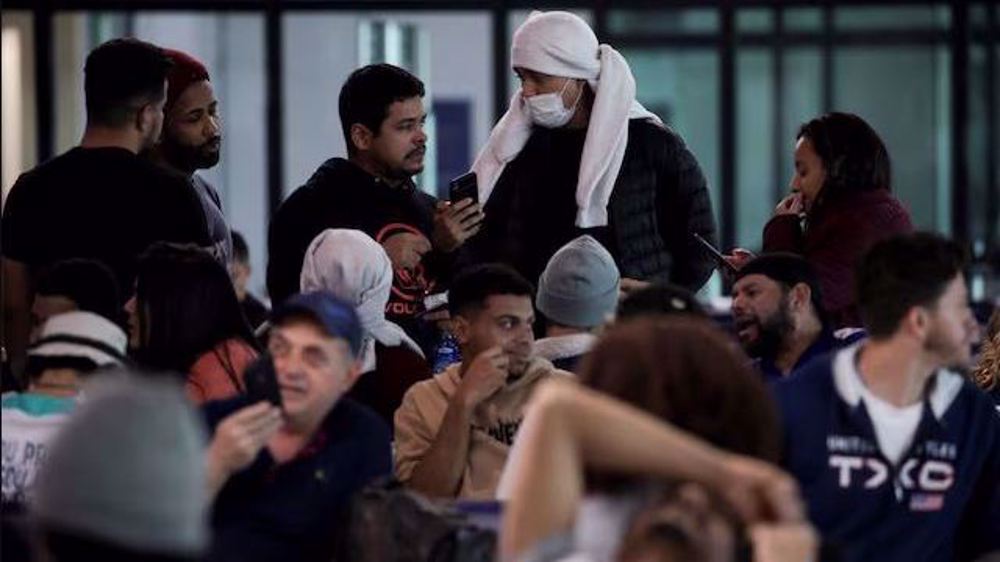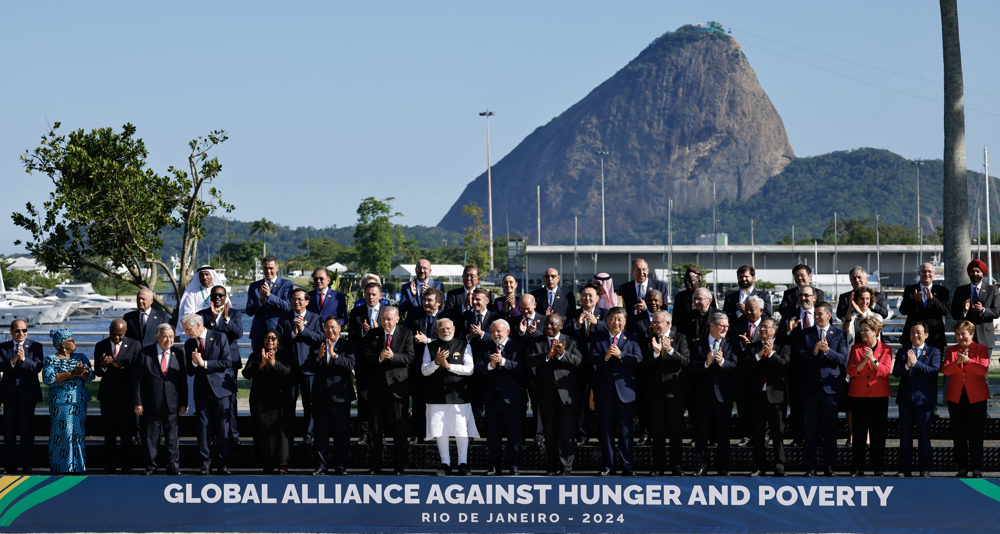WHO rejects experts’ call to delay or move Olympics amid Zika wave
The World Health Organization (WHO) has rejected a call by a group of 150 health experts to either postpone or change the venue of the upcoming Olympics games in Brazil’s Rio de Janeiro due to the Zika epidemic.
In an open letter to the WHO, the signatories, who included a US presidential science adviser, insisted on revising the existing plans for the international games “in the name of public health.”
WHO, however, dismissed the idea and said that delaying the Olympics or holding the games elsewhere would “not significantly alter” the spread of the disease, which has been linked to serious birth defects.
The letter cited growing scientific studies that suggest the Zika virus is responsible for birth defects, including microcephaly, which can also lead to the Guillain-Barré syndrome, a neurological disease that results in temporary, and sometimes fatal, paralysis.

The development came as the Olympic torch has made its way around Brazil, South America’s largest country.
“The fire is already burning, but that is not a rationale not to do anything about the Olympics,” said Amir Attaran, a University of Ottawa professor, who is one of the letter’s authors. “It is not the time now to throw more gasoline on to the fire.”
According to a recent commentary by Attaran, which was published in the Harvard Public Health Review, Rio de Janeiro has recorded 26,000 suspected Zika cases — the highest of any state in Brazil — and has an incident rate of 157 cases for 100,000, the fourth highest in the country.
“What is proposed is to bring half-a-million Olympic visitors into the heart of the epidemic,” Attaran said in an interview with The Guardian. “But for the Games, would anyone recommend sending an extra half-a-million visitors into Brazil right now?”

In its statement, the WHO said, “Brazil is one of almost 60 countries and territories which to date report continuing transmission of Zika by mosquitoes.”
“People continue to travel between these countries and territories for a variety of reasons. The best way to reduce risk of disease is to follow public health travel advice,” it said.
The Brazilian government, struggling with recession and a persisting political turmoil, says it has the situation under control thanks to the largest military mobilization in the country’s history, as 220,000 army, navy and air force personnel as well as 315,000 public officials have been called into action.
OPEC+ to raise output for first time since 2022: Report
VIDEO | Reviving Gaza mosque
Grossi stresses IAEA pursues constructive relations with Iran
Editor of Pulitzer Prize-winning US newspaper fired over cartoon deemed ‘antisemitic’
Hamas: Second phase of Gaza ceasefire ‘sole way’ to free Israeli captives
Iran signs into law its free trade deal with EAEU
One dead, several injured as car rams into shoppers in Mannheim: German police
Israeli engineer arrested for offering Iran info on Dimona nuclear reactor: Israeli media













 This makes it easy to access the Press TV website
This makes it easy to access the Press TV website